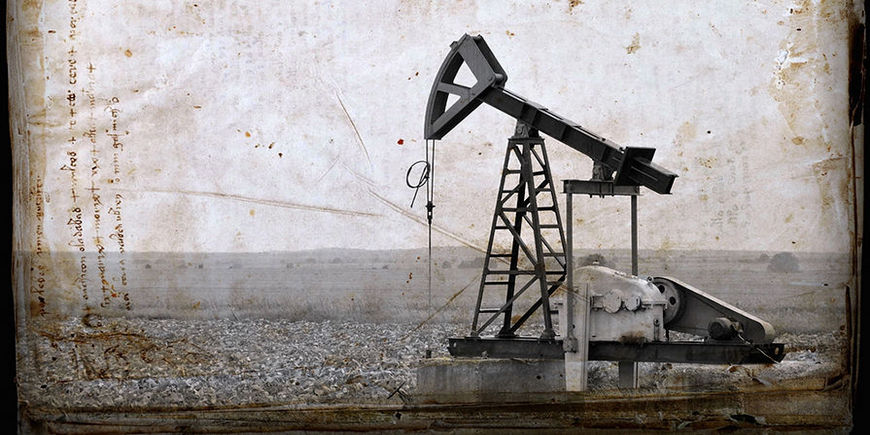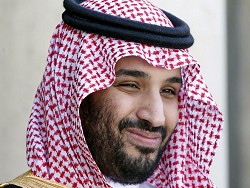Aleksey Topalov
 Ariana Cubillos/Aspresident Of Venezuela Nicolas Maduro
Ariana Cubillos/Aspresident Of Venezuela Nicolas Maduro
The leaders of the world oil production is close to an agreement on the fixing of production, and OPEC in this regard, is preparing to convene an emergency meeting. But to experts, even if agreement is reached, producers will to break, for example, Saudi Arabia to limit myself not used to.
Venezuelan President Nicolas Maduro said that oil producers are close to an agreement to stabilize the situation on the world market. Said Maduro in the air of Venezolana de Televisión, we are talking about agreements between countries within and outside OPEC, which could be announced before the end of September. According to the Venezuelan President, the agreement will allow not only to stabilize and increase world oil prices.
Maduro said that Venezuela had “very good” talks with representatives of the countries – members of OPEC. In particular, with President of Iran Hassan Rouhani and Ecuadorian leader Rafael Correa. Rouhani, according to Maduro, made an important statement about the readiness of the Islamic Republic to contribute to the stabilization of the market “in the necessary and fair measure.”
The freezing of oil production should be discussed at the International energy forum in Algeria, which will be held September 26-28. OPEC Secretary General Mohammed Barkindo already stated that if there is a consensus about the freezing during the Algerian forum of the Organization of countries – exporters of oil will convene an emergency meeting, which will be more concrete solutions.
The last time the agreement fixing the level of production, initiated by Venezuela, Saudi Arabia and Russia in the beginning of the year fell through due to Iran’s position, refused to limit the production until you reach the pre-sanctions level of production (4 million barrels per day). After Iran refused Saudi Arabia, who said that the freeze makes sense only in case if it will go all the major manufacturers.
By the way, optimism Maduro can be overwhelming: Iran in early September stated that the pre-sanctions production levels will be reached only in late 2016 – early 2017. While Tehran says supports all initiatives aimed at stabilizing the market.
Also the decision to freeze can affect the position of Libya, which recently announced its intention to expand its production and exports (this became possible after government troops regained control of oil ports). However, industry experts said earlier that Libya in the calculation can not be taken, as the implementation of its plans will take a long time.
Nevertheless, Russia and Saudi Arabia have signed a joint statement aimed at stabilizing the oil market. In particular, in the document the parties note the volatility in the oil market due to the reduction of capital expenditures in oil production and transport investment projects. In addition, Russia and Saudi Arabia recognized the need to contain excessive volatility of the oil market.
The agreement envisages the creation of a working group to monitor the market and make recommendations to ensure its stability. As mentioned earlier, the Russian Minister energeticheskij Novak, discusses the timing of freezing of the production level in 3-6 months.
But the possibility of freezing the production is still in doubt.
First, 17 April, when the talks collapsed on this issue in Doha, Qatar, the price of a barrel was $42,85. Now on the Intercontinental exchange ICE in London, November Brent crude traded at $46.3 per. And it can even be considered a reduced price since 8 September, the price of a barrel reached $50.
Second, market experts believe that none of the manufacturers actually not ready to freeze the prey, as the fear of losing market position. And talk about fixing the production is conducted only to maintain the price level.
“Freezing oil now will not have any consequences since there is little change in the global market”, — said a leading analyst Amarkets Artem Deev.
The expert points out that Russia and Saudi Arabia is now being extracted at the maximum of their capabilities, while other countries can’t increase values because of economic or socio-political reasons.
According to Deeva, the market is somehow self-regulated, and claims about the freeze are more speculative than fundamental. Moreover, the information comes often very contradictory. “Most likely, we will hear any statement about readiness for measures to stabilize oil market, but will not be told the specific steps and figures,” says the Deev. — Such verbal intervention in the market happen often lately, so traders need concrete steps”.
If the countries – oil producers will not say anything specific, the price of oil, according to Deeva, can show a strong decline.
In addition, the expert believes that such agreements generally are not binding, so that any country can at any moment be broken. It is worth noting that OPEC itself for a very long time does not stand its own quotas on the production (30 million barrels per day).
The head of the analytical Department of the IR “Golden Hills — Kapital AM” Mikhail Krylov, on the contrary, believes that the chances of agreement on the freezing of production is quite high. But at the same time the Saudis may increase production: according to him, not in the rules of Saudi Arabia to limit yourself.
“As a result, freezing is only important as an arrangement that would violate — says Krylov. — It will give some a starting point from which to deviate”.
In particular, the new benchmark is needed to understand how to increase production, so as not to lose market share compared to Saudi Arabia.








